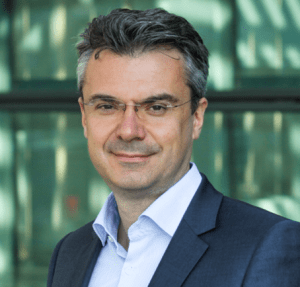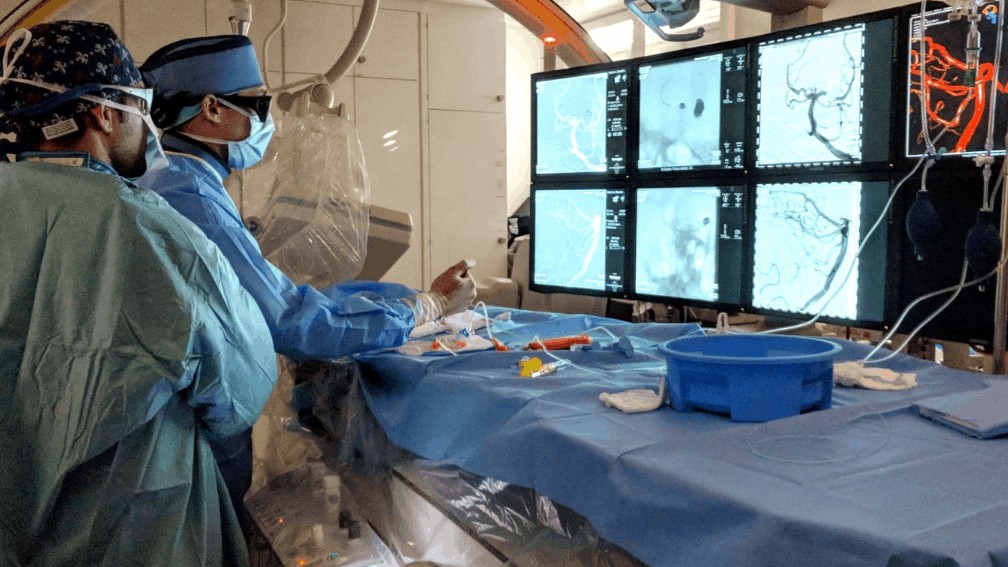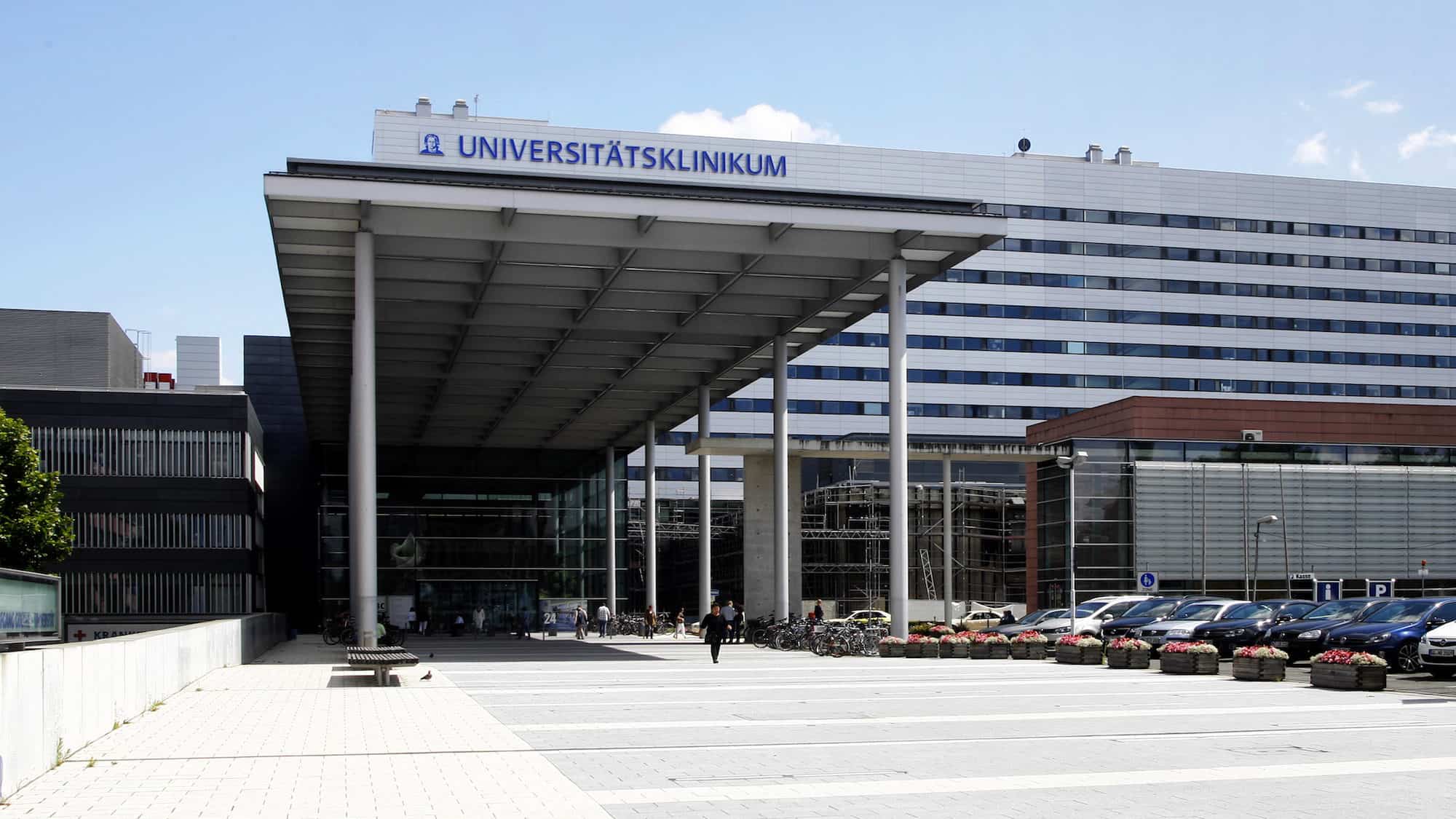In our interview, PathoQuest’s CEO Jean-François Brepson explains how its novel approach in detecting viruses and bacteria helps fight against the development of “superbugs” that are resistant to antibiotics. He also explains why he left a big pharma company to lead a startup, and why Pathoquest has teamed up with the biggest firm in contract research worldwide.

PathoQuest, CEO
Jean-François Brepson joined Paris-based Pathoquest in 2015. He has more than 25 years of leadership experience in Life Sciences.
After a long career in management positions in the Life Sciences industry, you joined an unknown startup as CEO. Why?
I always had an entrepreneurial gene. I started a small import-export company while I was a student, and even later, when I joined the pharma industry, I held many positions where I had to build things up from scratch.
How did you learn about Pathoquest?
When I was responsible for the oncology franchise at Ipsen, I spoke to a former colleague who had joined Kurma Partners, a specialized biotech VC in Paris. They were looking for a new CEO for Pathoquest, a firm that had a solid scientific foundation and was ready to scale-up. Personally, I was ready for a new challenge after 20 years with the same firm, so I decided to take a risk and get out of my comfort zone.
What do you spend the most time on right now as CEO of Pathoquest?
At the moment it is fundraising and holding discussions with industrial partners. Even if we’re not ready for an exit today, it is important to prepare it well in advance and meet with the right people, to make sure they know what you’re capable of. Another topic that is constantly on my mind is recruiting. We’re 24 people now with diverse areas of expertise like molecular biology and bioinformatics, and we want to develop the team with the right speed, not too fast, not too slow.
Pathoquest has developed a test that can identify more than 1200 different bacteria and viruses from one sample. Your test relies on the use of genomic sequencing instruments (Next Generation Sequencing, NGS). Does it make a difference what kind of sequencer is used?
No. But there are just a few manufacturers of sequencers anyway. Illumina dominates the market with a share of 80%. Christiane Honisch, who is on our board of directors, worked at Illumina as Director of Microbiology Markets, the very market we’re addressing.
How does your test interact with the results of a sequencer?
What we are ultimately selling is actionable information. The information consists of the answer to the question: Which pathogens are in this sample? But the analysis of the huge data volume that comes out of a sequencer, which is completely automated, is just one part of our assets. The second part is the preparation of the sample. It has to be done according to the method which we patented. The goal of this preparation is to get rid of the human DNA in a blood sample, to increase the concentration of potential pathogens for the analysis step.
“The analysis of the huge data volume that comes out of a sequencer is just one part of our assets.”
PathoQuest is addressing two different markets, hospitals, and pharma companies. What do you sell to hospitals?
Imagine a feverish patient with a very weak immune system, someone who just had chemotherapy, for example. The standard procedure to find out what caused the fever, which is to use tests that rely on blood cultures, doesn’t give a conclusive answer in 80 to 90 cases out of 100. But the doctor has to do something! With our test, he will have a quick answer what the cause is. Now consider the bigger picture. Doctors use antibiotics to fight infections. Often they don’t know at that moment which virus or bacteria is responsible for the infection, so they use broad-spectrum antibiotics. These, however, contribute to antibiotic resistance, i.e. to superbugs that can’t be eliminated with antibiotics anymore. This is very scary. If you know what the cause of an infection is, you can prescribe the right antibiotic. This is a way to avoid antimicrobial resistance.
Your second offer is aimed at pharma firms that develop biological drugs, like vaccines for example. Why do they need such a test?
Vaccines are just one of our applications for pharma, albeit an important one. What most people don’t know is that vaccines are manufactured from stocks of animal viruses. That makes the detection of so-called adventitious viruses – viruses that are unintentionally introduced into the manufacturing process – very important. We’re already working with several pharma firms, and they have tested the sensitivity of our method. We’re able to identify unwelcome viruses in a concentration of 1 to 1 billion. This is really disruptive and will replace older in-vivo and in-vitro testing soon.
In this second line of business, PathoQuest has a collaboration with Charles River, the biggest contract research organization worldwide. What does it entail?
Charles River has, for historic reasons, no internal offering in next generation sequencing. The company invested in PathoQuest, the first time it ever invested in a startup. This is a clear sign of confidence. But they bring more to the table than just money. They have marketing capabilities and a worldwide sales force, which generates business for us and brings us more visibility. Charles River has a strategic interest in the biological testing part of our business.
Written by
WITH US, YOU CANCO-INVEST IN DEEP TECH STARTUPS

Verve's investor network
With annual investments of EUR 60-70 mio, we belong to the top 10% most active startup investors in Europe. We therefore get you into competitive financing rounds alongside other world-class venture capital funds.
We empower you to build your individual portfolio.
More News
02.08.2022
“I like to make founders successful”
Former tech entrepreneur Nicole Herzog prefers investing in startups rather than safe assets such as real estate. She argues that because entrepreneurs learn to cope with uncertainty and risk, they have a different mindset than traditional investors.
16.01.2020
“I’m a brain plumber”
Stroke is a serious medical condition that affects the brain of 15 million people each year. Since the 1990s, continuous technological improvement enables more lives to be saved year after year. Interventional neuroradiologists can perform operations in a minimally invasive way, guided by modern imaging technology. In this interview, endovascular neurosurgeon Pascal Mosimann explains how.
17.06.2019
“There is no good similar treatment”
Prof. Jonel Trebicka is an expert for liver diseases. He is supervising clinical trials of Versantis' new drug to treat an acute form of cirrhosis, which is very difficult to treat.
Startups,Innovation andVenture Capital
Sign up to receive our weekly newsletter and learn about investing in technologies that are changing the world.




